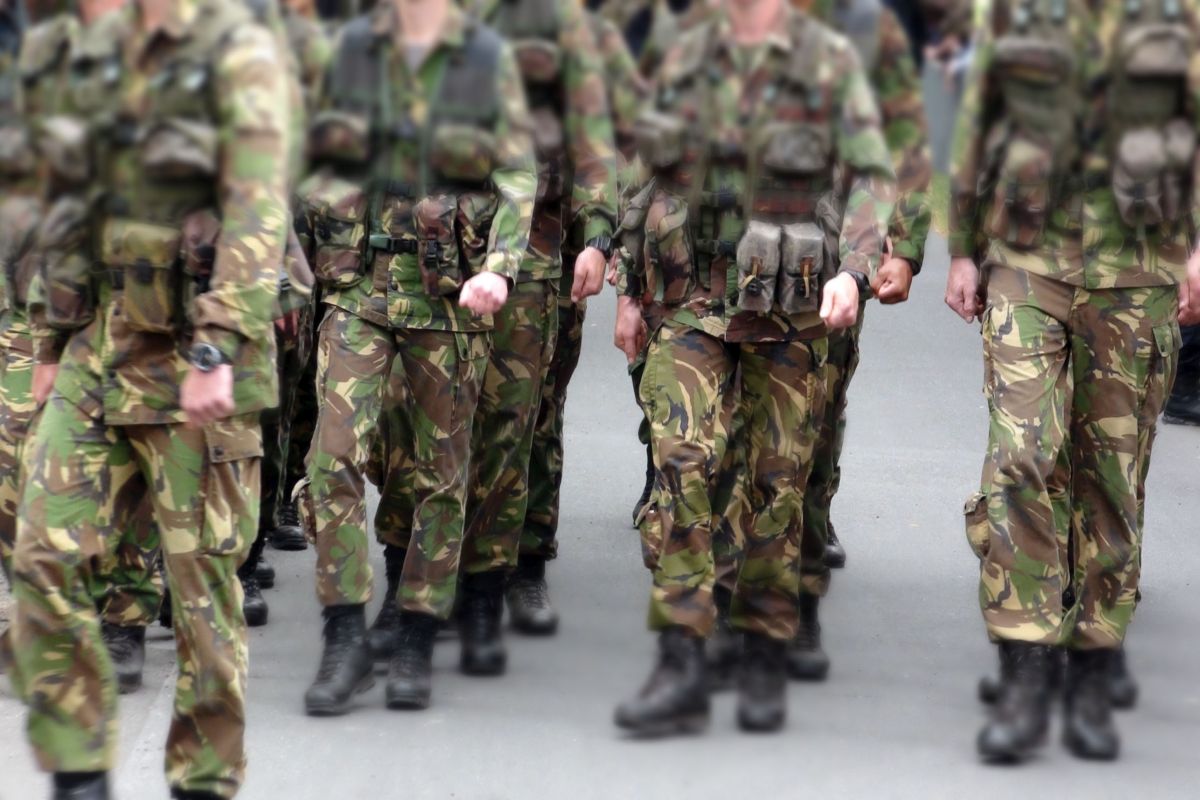The Dutch Supreme Court on Friday slashed the state’s liability for 350 victims of the 1995 Srebrenica massacre, saying peacekeepers had only a “slim” chance of preventing their deaths.
The 350 men were among 5,000 terrified residents who had sought safety in the Dutch peacekeepers’ base when the besieged Muslim enclave was overrun by Bosnian Serb forces in July 1995.
Advertisement
The lightly armed Dutch troops eventually became overwhelmed and shut the gates to new arrivals before allowing Bosnian Serb forces commanded by Ratko Mladic to evacuate the refugees.
Advertisement
The men and boys were separated and taken in buses to their deaths, their bodies dumped in mass graves.
Judges, however, on Friday reduced from 30 per cent to 10 per cent the Dutch state’s responsibility for compensation to the families in a case brought by the Mothers of Srebrenica victims’ organisation.
The 350 were among the almost 8,000 Muslim men and boys were killed in the genocide at Srebrenica, the worst massacre in Europe since World War II and the darkest episode in the break-up of the former Yugoslavia.
“The Dutch State bears very limited liability in the ‘Mothers of Srebrenica’ case,” the Supreme Court said. “That liability is limited to 10 per cent of the damages suffered by the surviving relatives of approximately 350 victims.”
– ‘Humiliation’ –
After the ruling, Mothers’ president Munira Subasic, who lost family members including her son, husband and father in the massacre, expressed disappointment.
“Today we experienced humiliation upon humiliation. We could not even hear the judgement in our own language because we were not given a translator,” she told AFP.
At Srebrenica “every life was taken away 100 per cent. There is little we can do with 10 per cent, but yes, the responsibility still lies where it does”.
“I only have two bones. I have found less than 10 per cent of his body,” she added, referring to her teenage son.
The Dutch government accepted responsibility, saying it was relieved that “finally there was some clarity.”
A Dutch court originally held the state liable for compensation in 2014. In 2017 the appeals court upheld that decision before it was referred to the Supreme Court.
The lower court had said in 2017 that the Dutch actions meant the Muslims were “denied a 30 per cent chance of avoiding abuse and execution”, and thus the Dutch state was liable for 30 per cent of damages owed to families.
The Supreme Court agreed that “the state did act wrongfully in relation to the evacuation of the 5,000 refugees” in the compound, including 350 Muslim men the Bosnian Serbs were unaware of.
It said the Dutch peacekeepers “failed to offer these 350 male refugees the choice to stay where they were, even though that would have been possible”.
But explaining the decision to reduce the liability, the Supreme Court said that “the chance that the male refugees would have escaped the Bosnian Serbs had they been given the choice to stay was slim, but not negligible”.
Reacting to the ruling, Dutch Defence Minister Ank Bijleveld said in a statement the cabinet would “examine how to best implement the liability for damages suffered by the relatives in such a way it does justice to the Supreme Court ruling”.
– Long shadow –
In a swipe at the failure of other foreign powers to act during the 1995 crisis, the top court added that the “chance of Dutchbat (the Dutch UN mission) receiving effective support from the international community was slim”.
Former Dutchbat soldiers attending the case said they were disappointed on behalf of the victims’ families.
“I think the final judgement is a bit disappointing, especially when you see the court ruling of 30 per cent and now it’s downgraded to 10 per cent,” said Remko de Bruijne, a former Dutch blue helmet who served at Srebrenica.
“I think that’s not fair for the Mothers of Srebrenica but, on the other hand, now it’s clear,” he told AFP.
Srebrenica has cast a long shadow over The Netherlands, forcing the government to resign in 2002 after a scathing report on the role of politicians in the episode.
Former Bosnian Serb leader Radovan Karadzic is currently serving a life sentence in jail in The Hague after being convicted of genocide over Srebrenica and war crimes throughout the 1990s.
Ex-military chief Mladic, 76, dubbed the “Butcher of Bosnia”, is currently appealing a life sentence on similar charges at an international tribunal in The Hague.
Slobodan Milosevic, Karadzic’s long-time patron during the war, was on trial in The Hague at the time of his death in 2006.
Advertisement











